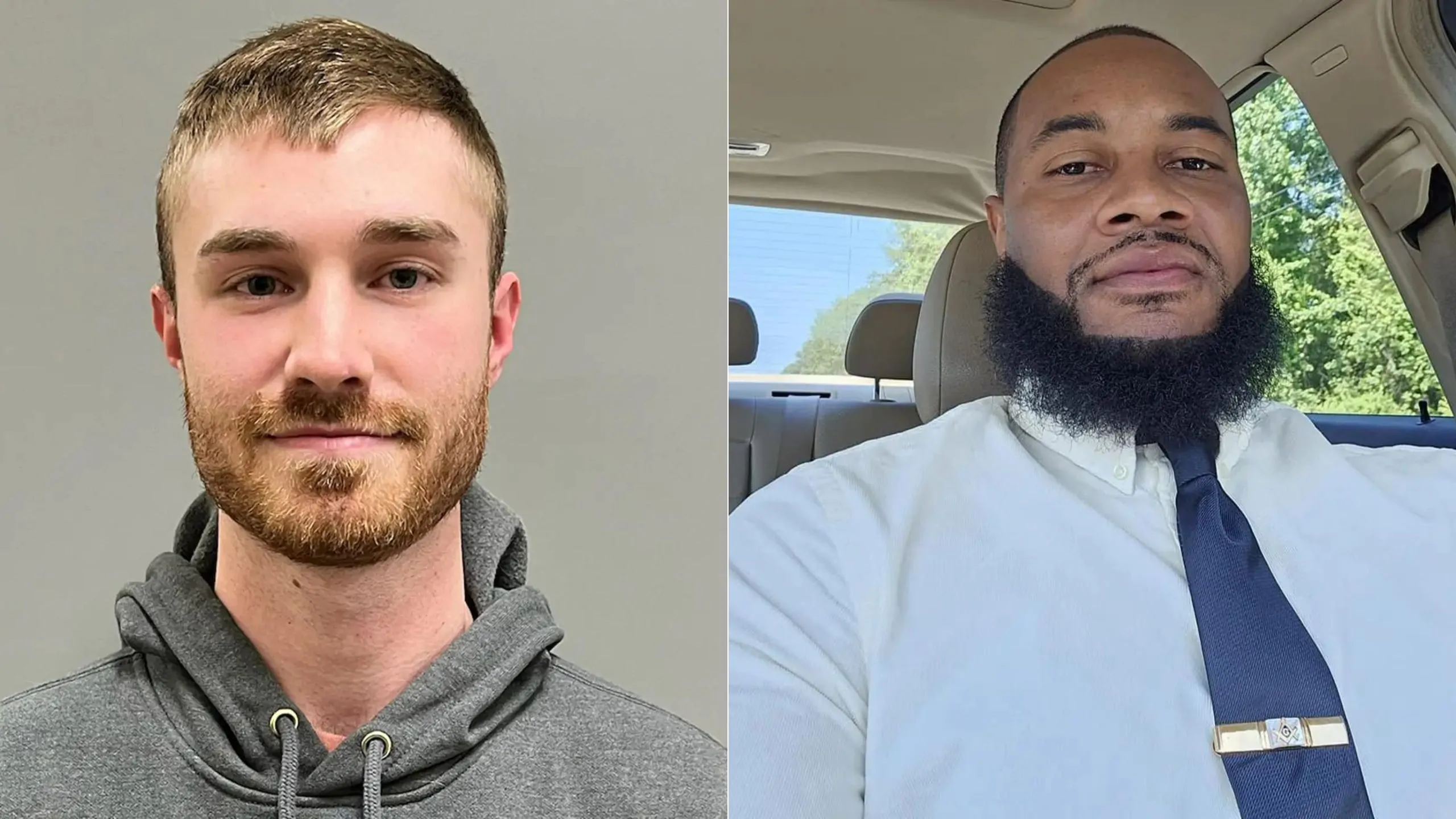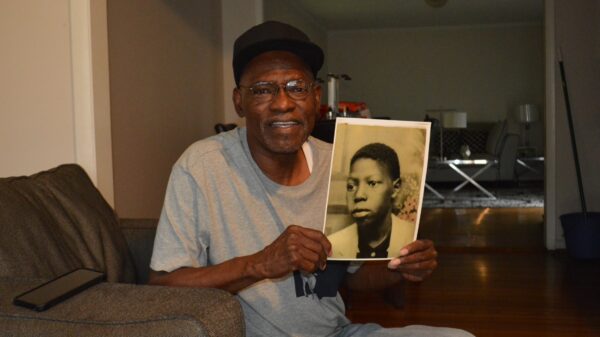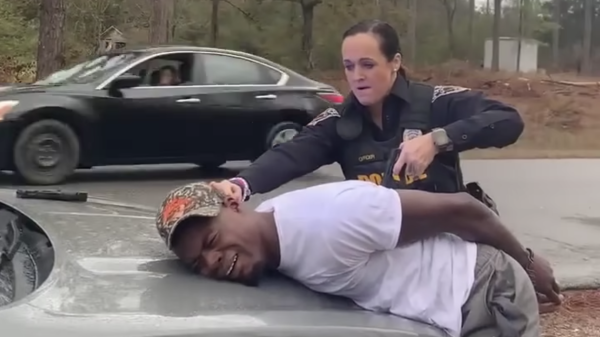A federal judge on Tuesday dismissed several claims in a lawsuit filed by family members of a man allegedly murdered by a Decatur police officer.
District Court Judge Corey Maze dismissed claims against the City of Decatur and three of four DPD officers filed by the family of Stephen Perkins, who was gunned down in his front yard during an improper attempt to repossess his vehicle.
Maze allowed a civil rights claim against Bailey “Mac” Marquette, the officer who shot and killed Perkins, to remain, and he also allowed the Perkins estate to refile the dismissed claims to address deficiencies in the legal arguments. Maze ruled that it’s possible Marquette would not be covered by qualified immunity on the civil rights allegation, but the judge ruled that Marquette would have immunity in the filing’s wrongful death claim and dismissed that claim.
“All dismissals are without prejudice, meaning that the court will give Perkins one chance to replead her complaint to address the issues outlined in this and future opinions after the court rules on the pending motions to compel arbitration,” Maze wrote in a lengthy brief outlining his decisions.
That brief highlighted the complicated legal tightrope that had to be walked by attorneys for the Perkins family, and how various rules of legal procedure – if interpreted and applied by a police-friendly judge – can hinder victim’s families from holding police departments and cities accountable for egregious civil rights violations.
For example, Maze points out that the City of Decatur can only be held liable for punitive damages in Perkins’ death if an employee of the city acts negligently. Maze then rules that Marquette did not act negligently when he shot and killed Perkins – even though Maze also ruled that Marquette’s actions likely violated Perkins’ constitutional rights – but that Marquette acted intentionally and with purpose.
“The court finds that, if you assume the facts Perkins pleads are true, then the City is entitled to immunity … because Marquette didn’t shoot Perkins out of ‘neglect, carelessness, or unskillfulness,’ he intentionally shot Perkins,” Maze wrote.
It’s unclear how the purposeful violation of a citizen’s constitutional rights – specifically, by shooting him dead without allowing for compliance to orders – by a police officer wouldn’t constitute “neglect, carelessness or unskillfulness.”
But the filing by attorneys for the Perkins family also has its issues, and Maze appears to be allowing the attorneys a rare do-over to fix some of the glaring missteps.
The filing fails to point out a number of glaring issues with the police action at Perkins’ home the night he was killed. Most notably, it doesn’t address the fact that the officers were allegedly at the scene in violation of police department policy and were assisting with a repossession effort that was, according to city statute, illegal.
Perkins had confronted the tow truck driver attempting to repossess his vehicle earlier that night. At that point, according to attorneys who reviewed the case, the company had a duty under the law to stop the process and work through the courts to arrange a repossession. Only then should Decatur Police be involved.
Instead, the tow truck operators called DPD officers to the scene. Those officers came unannounced in the early morning hours, staked out hiding positions around Perkins’ home, parked their vehicles well away from the house and waited on the tow truck driver to hook up Perkins’ truck. When Perkins emerged from his home, he had no indication that officers were on the scene until Marquette sprang from the shadows, shouted at Perkins and then immediately emptied his firearm.
The original complaint, however, makes no mention of many of these issues, but instead attempts to find liability with the three “non-shooting officers” because they didn’t intervene to stop Marquette from shooting. And the only departmental policy violation mentioned in the lawsuit concerns a vague reference to a policy of the department that rewarded officers more favorably for invasive interactions with citizens – issuing tickets, making arrests, etc. – than for de-escalation techniques.
Maze points out in his brief that the alleged policy is never tied to the shooting itself, and the complaint’s own language indicates that the non-shooting officers had no opportunity to stop Marquette from shooting Perkins. For those reasons, those officers and the City were dismissed from the lawsuit. At least for now.




















































